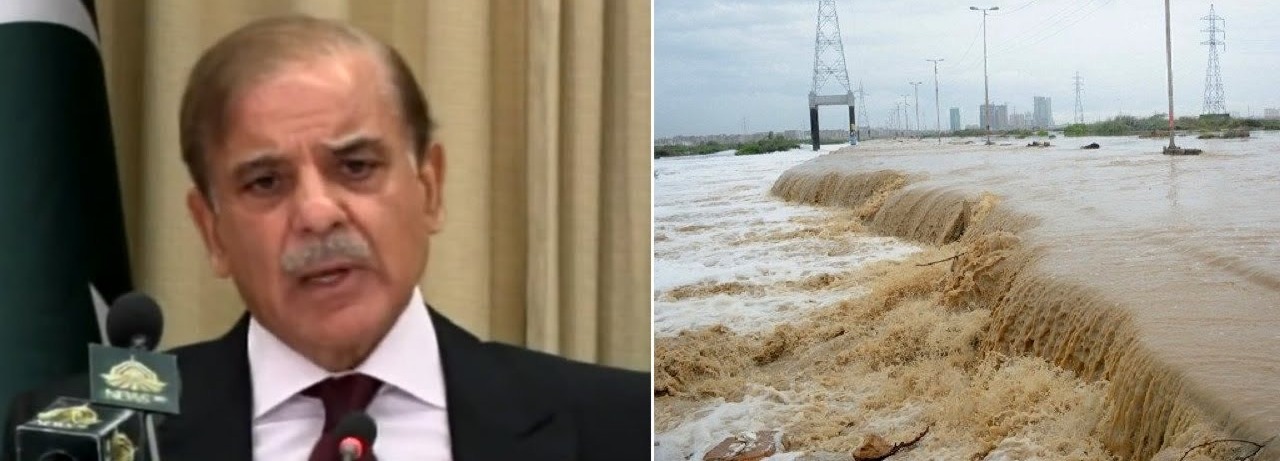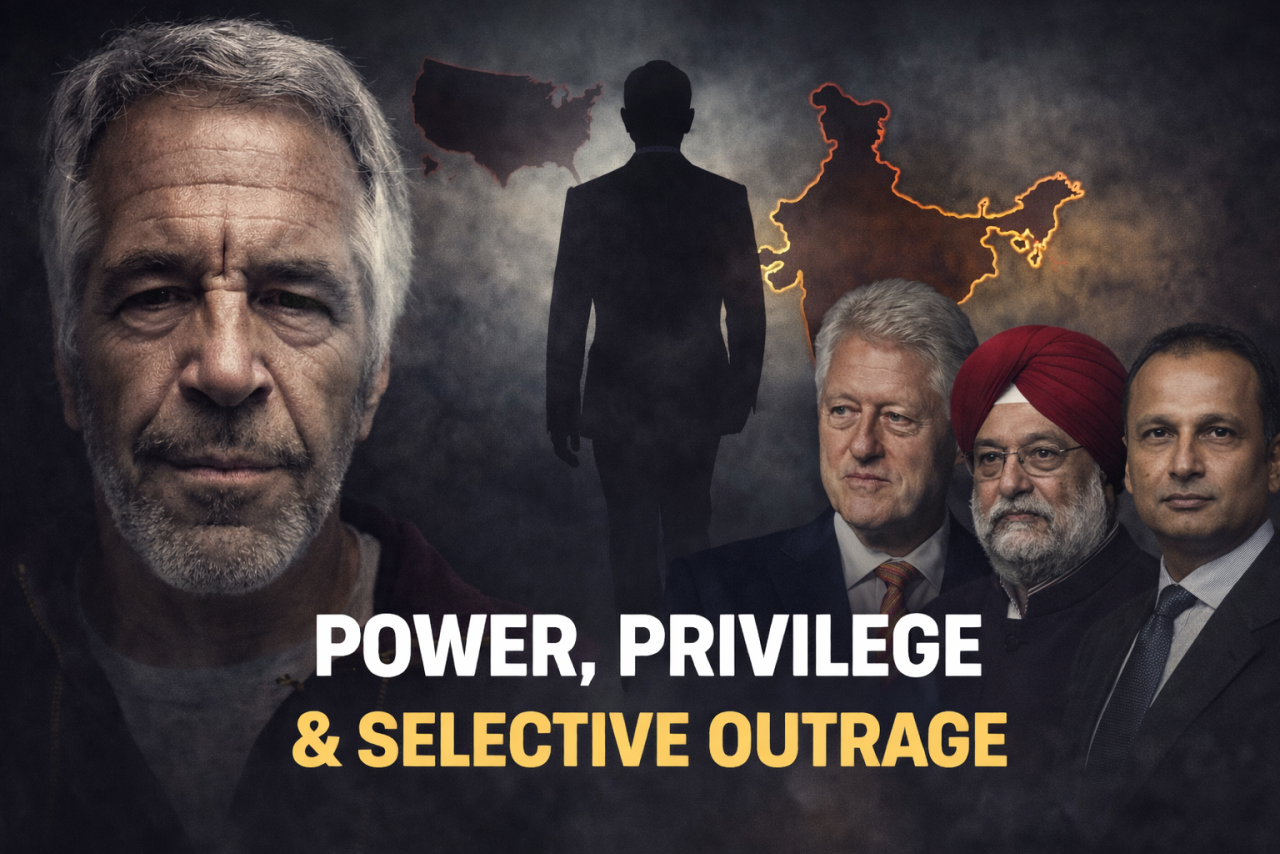
Pakistan’s Prime Minister Shehbaz Sharif has discovered a new bargaining chip at the IMF table: floods. In New York, while the world discussed development and cooperation, Sharif reminded IMF chief Kristalina Georgieva that Pakistan’s economy had been washed away by torrential rains and, therefore, the $7 billion loan review must come with extra sympathy. It was less an economic argument and more an emotional audition.
This is not new. Pakistan’s financial strategy resembles a soap opera—same script and different disaster. Once it was “frontline ally against communism,” then it became “partner in the war on terror.” Today, the pitch is “climate victim.” Each time, Islamabad plays the role of the injured party seeking global generosity while avoiding the one thing it refuses to perform: reforms.
The floods were real, yes. Fields drowned, homes destroyed, people displaced. But here lies the irony—Pakistan’s economy was already underwater long before the monsoon. A shallow tax base, subsidies feeding inefficiency, a bloated military budget, and a political class addicted to bailouts. Floods did not break Pakistan’s finances; they merely provided a convenient cover story.
Sharif’s posturing is also about politics. Telling voters at home that the IMF will ease conditions because of natural calamity is far easier than admitting that fuel subsidies will be cut, electricity tariffs hiked, and tax cheats reined in. Tough reforms don’t win elections. Emotional appeals do.
The scheduled meeting with then U.S. President Donald Trump added another predictable twist. Whenever Islamabad is in trouble, it dusts off the old script: run to Washington, whisper about instability, hint at China’s growing embrace, and hope the West will loosen the purse strings. It has worked in the past. Why not try again?
But here’s the catch. The IMF is not a charity, and the world has grown wise to Pakistan’s theatrics. Sympathy statements are cheap; loan concessions are not. Georgieva expressed condolences for flood victims but did not promise an economic miracle. After all, the IMF’s job is to secure repayment, not to indulge Islamabad’s habit of crying wolf or in this case, crying flood.
For India, watching this ritual has become an annual entertainment. While New Delhi wrestles with its own reforms, from GST to subsidy rationalisation, Pakistan continues its cycle of crisis: borrow, spend recklessly, default, plead, repeat. If disasters did not exist, one suspects Islamabad would invent them to keep the sympathy dollars flowing.
The real tragedy lies not in Pakistan’s floods but in its refusal to learn. Natural disasters may draw headlines, but economic mismanagement is man-made. The IMF can soften timelines, the U.S. can lend an ear, but no external actor can fix what Pakistan refuses to fix itself.
As the monsoon waters dry up, one question will remain: will Pakistan finally drain the swamp of its economic rot, or will it once again wait for the next disaster like natural or political to play the victim card?
By Gautam Jha
Managing Editor





















